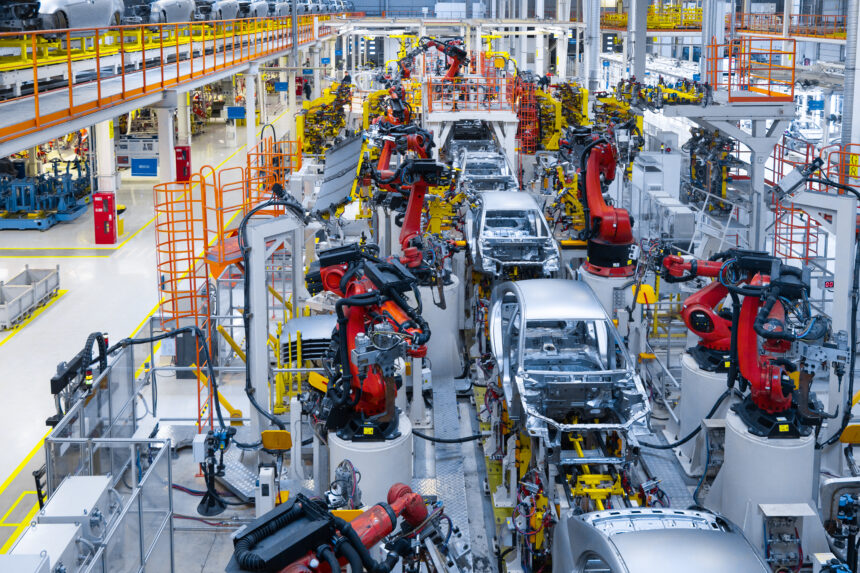The automotive industry in South Africa plays a vital role in the nation’s economy, contributing significantly to employment, exports, and overall economic growth. As a key sector, it is imperative for automotive businesses to understand and prioritize risk management. One critical aspect of this strategy is securing comprehensive business insurance. This article delves into the significance of business insurance for the automotive industry in South Africa and highlights the various types of coverage essential for automotive businesses.
Protecting Against Operational Risks: Running an automotive business involves multiple operational risks that can disrupt operations and inflict financial losses. Business insurance provides a safety net to mitigate these risks, ensuring continuity and protection against unforeseen events. For example, automotive dealerships face the risk of theft, damage to inventory, or natural disasters that can result in substantial financial setbacks. Comprehensive insurance coverage can safeguard against such perils, allowing businesses to recover quickly and minimize disruption.
Liability Coverage: Liability concerns are paramount in the automotive industry. Whether it’s an accident caused by a customer test driving a vehicle, damage to customer property during repairs, or injuries sustained on business premises, automotive businesses can be exposed to costly legal actions. Business insurance policies that include liability coverage protect against potential lawsuits, legal expenses, and compensation claims. This coverage is indispensable in safeguarding the financial health and reputation of automotive enterprises.
Worker Protection and Compensation: The welfare of employees is a crucial consideration for any business. In the automotive sector, where workers are exposed to potential hazards such as heavy machinery, chemicals, and vehicle-related accidents, it is crucial to prioritize employee safety. Business insurance policies can include workers’ compensation coverage, which provides financial support for medical expenses and lost wages in case of workplace injuries or occupational illnesses. By securing such coverage, automotive businesses demonstrate their commitment to employee well-being while protecting themselves from potential legal liabilities.
Property and Asset Protection: The automotive industry relies heavily on specialized equipment, tools, and vehicles, all of which represent substantial investments. Damage to or loss of these assets can severely impact operations and profitability. Business insurance policies can provide coverage for property damage, theft, or loss of assets, ensuring that businesses can recover and replace critical resources promptly. By insuring valuable assets, automotive enterprises safeguard their ability to meet customer demands and maintain a competitive edge.
Business Interruption Coverage: The COVID-19 pandemic served as a stark reminder of the potential for unexpected disruptions that can threaten the survival of businesses. Business interruption insurance can be a lifeline during such challenging times. For automotive companies in South Africa, this coverage can help offset revenue losses resulting from mandated closures, supply chain disruptions, or other unforeseen events. By securing business interruption coverage, automotive enterprises can regain financial stability and quickly resume operations once the crisis abates.
Conclusion: Business insurance is an indispensable component of risk management for the automotive industry in South Africa. From protecting against operational risks and liabilities to ensuring employee welfare and safeguarding assets, comprehensive coverage offers the peace of mind needed to focus on business growth and success. Automotive businesses that prioritize insurance demonstrate their commitment to responsible management practices, positioning themselves as reliable and secure partners in an industry that demands resilience. By understanding the importance of business insurance and partnering with reputable insurers, automotive enterprises in South Africa can fortify their operations and contribute to the sustained growth of the nation’s automotive sector.










